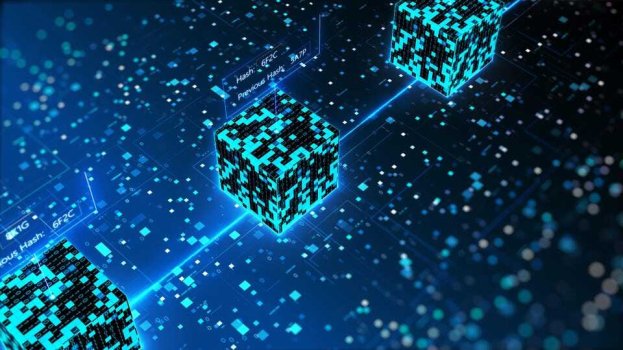A blockchain is a network of decentralized and distributed data (ledger), meaning the users share the ownership and management of the network through computer nodes. As a database, blockchain stores information in a digital format.
Blockchain technology stores data in blocks and link them together to form a chain. The blocks have a specific capacity and, when filled, are closed and linked to the previous block. Any newly added information after the last block is compiled into a newly formed block and added to the chain once filled.
Blockchain is famous for its critical role in cryptocurrency systems like Bitcoin. It maintains a decentralized and secure record of crypto transactions. Therefore, blockchain can guarantee the fidelity and security of data records and generate the need for a third party.
Advantages Of Blockchain Over Non-Blockchain Database
• Immutability. Blockchain supports immutability, meaning it is impossible to erase or replace recorded data. Therefore, the blockchain prevents data tampering within the network.
Traditional data do not exhibit immutability. The conventional database uses CRUD (create, read, update and delete) at the primary level to ensure proper application operation, and the CRUD model enables easy erasing and replacing of data. Such data can be prone to manipulation by rogue administrators or third-party hacks.
Continue reading:
https://www.forbes.com/sites/forbestechcouncil/2022/10/20/advantages-and-disadvantages-of-blockchain-technology/?sh=275386c53453
Blockchain technology stores data in blocks and link them together to form a chain. The blocks have a specific capacity and, when filled, are closed and linked to the previous block. Any newly added information after the last block is compiled into a newly formed block and added to the chain once filled.
Blockchain is famous for its critical role in cryptocurrency systems like Bitcoin. It maintains a decentralized and secure record of crypto transactions. Therefore, blockchain can guarantee the fidelity and security of data records and generate the need for a third party.
Advantages Of Blockchain Over Non-Blockchain Database
• Immutability. Blockchain supports immutability, meaning it is impossible to erase or replace recorded data. Therefore, the blockchain prevents data tampering within the network.
Traditional data do not exhibit immutability. The conventional database uses CRUD (create, read, update and delete) at the primary level to ensure proper application operation, and the CRUD model enables easy erasing and replacing of data. Such data can be prone to manipulation by rogue administrators or third-party hacks.
Continue reading:
https://www.forbes.com/sites/forbestechcouncil/2022/10/20/advantages-and-disadvantages-of-blockchain-technology/?sh=275386c53453

